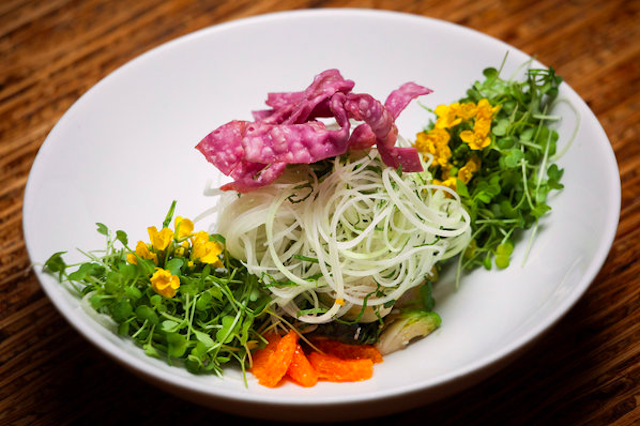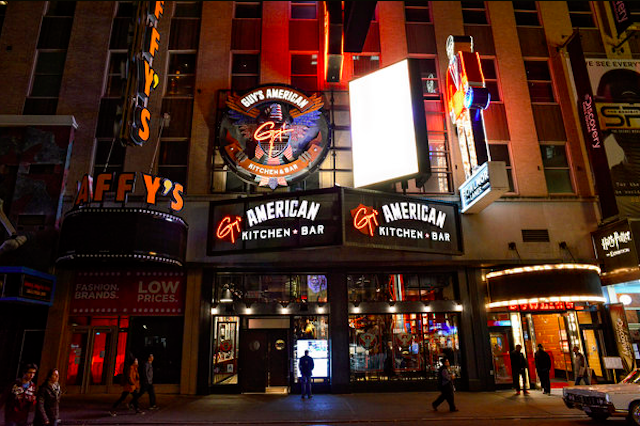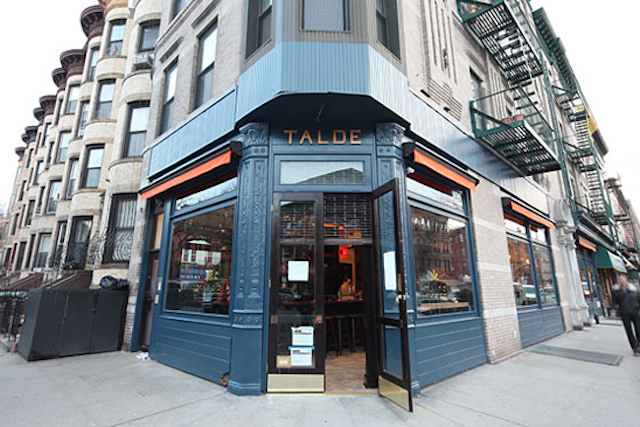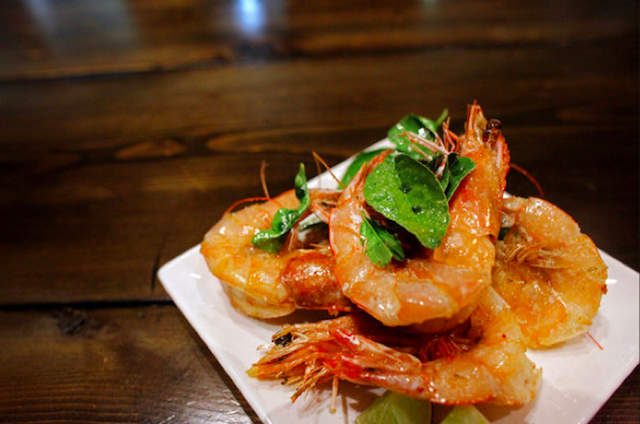Pete Wells Looks Behind Tandoor Number Two
 Wednesday, December 5, 2012 at 1:35PM
Wednesday, December 5, 2012 at 1:35PM 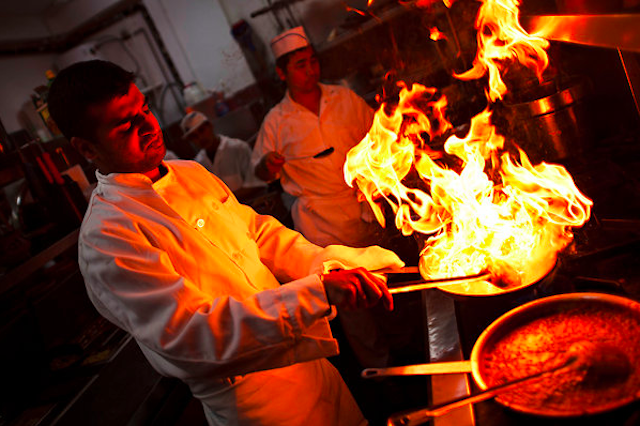 [karsten moran for the nytimes] executive chef gaurav anandMoti Mahal Delux opened on the Upper East Side five months ago. The restaurant doesn't have a liquor license, but it does have a tandoor oven. The unique flavors it imparts on a handful of dishes at Moti Mahal Delux is largely responsible for the two-stars Pete Wells gives the restaurant in today's review.
[karsten moran for the nytimes] executive chef gaurav anandMoti Mahal Delux opened on the Upper East Side five months ago. The restaurant doesn't have a liquor license, but it does have a tandoor oven. The unique flavors it imparts on a handful of dishes at Moti Mahal Delux is largely responsible for the two-stars Pete Wells gives the restaurant in today's review.
"The restaurant, which opened in July," Wells writes, "is itself an outpost of an empire, a chain centered in New Delhi that has built a formidable reputation among Indians for its tandoori chicken, butter chicken and that black-lentil dal." Tandoori refers to anything that's been cooked in a tandoor oven; an ancient cooking vessel whose heat source is generated by wood or charcoal. Modern tandoor range in shape, size, and material, but the originals were small, portable, cylindrical clay ovens.
At Moti Mahal Delux, in addition to the transformation papdum undergoes in the tandoor, "The tandoor also imparts a winning smokiness to an unpromising-sounding snack of grilled pineapple, sweet potato, apple and bell pepper in a sweet-tart malt vinegar marinade that has a slowly mounting black-pepper buzz." The dish is one example of the vegetarian dishes that Moti Mahal Delux does well. Desserts, like the walls, were mismarked, "For a new restaurant, it has a few spots too many that could use a fresh coat of paint." Cosmetics aside, the two stars will surely boost business, and something tells us lunch just got a whole lot busier too: "A weekday lunch special with two appetizers, three entrees, a biryani, naan and dessert comes to less than $12."
 Moti Mahal Delux,
Moti Mahal Delux,  Pete Wells,
Pete Wells,  Times Review
Times Review 